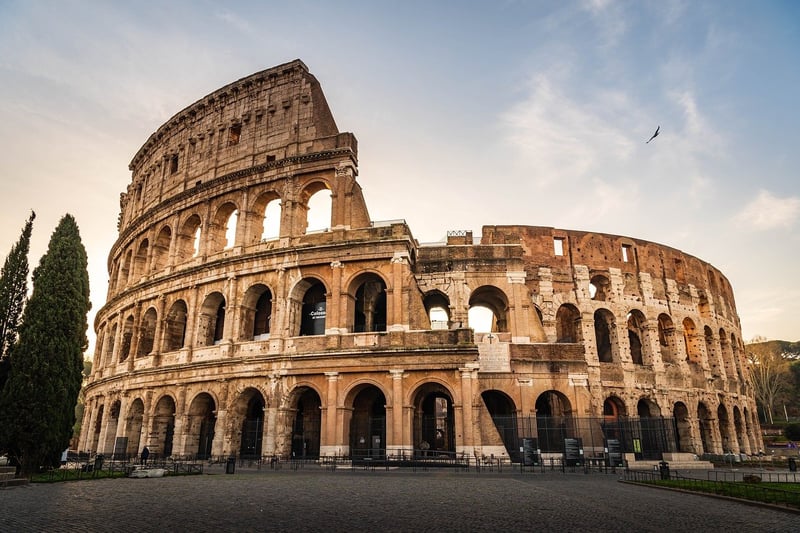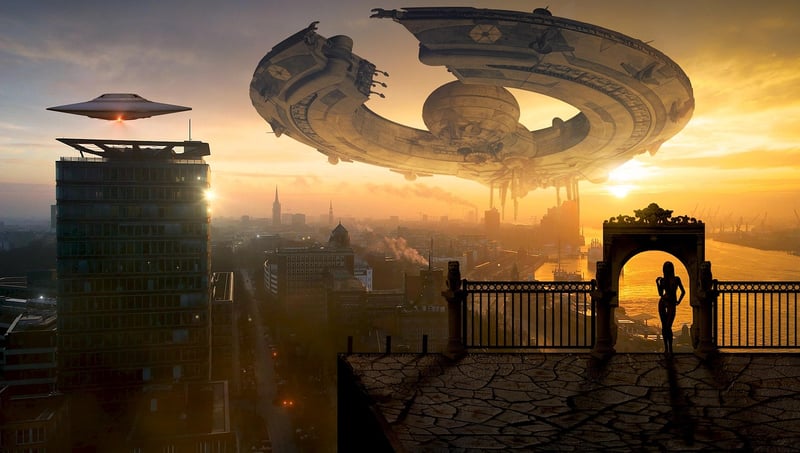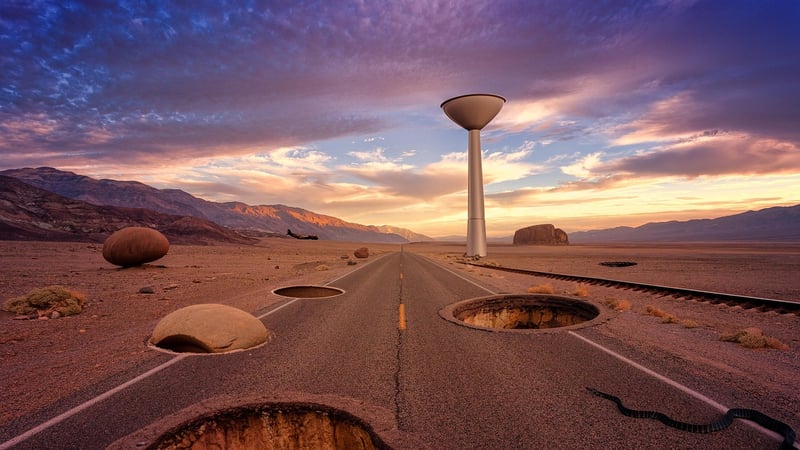Future Dystopia
Exploring Different Eras and Future Dystopia
Introduction
Throughout history, humanity has experienced various eras that have shaped our present and future. From ancient civilizations to modern advancements, each era has left a mark on society. In this article, we will delve into different historical periods and also peek into the future with a glimpse into a possible dystopian world.
Ancient Era
The ancient era, spanning from the emergence of human civilizations to the fall of the Roman Empire, was characterized by remarkable achievements in art, architecture, and philosophy. It laid the foundation for many aspects of modern society.

Medieval Era
The medieval era, a time of knights, castles, and feudalism, witnessed significant developments in science, literature, and governance. It was a period of both turmoil and cultural flourishing.

Industrial Revolution
The industrial revolution, starting in the 18th century, marked a shift towards mechanization, urbanization, and industrialization. It transformed societies worldwide, leading to rapid technological advancements and societal changes.

Modern Era
The modern era, characterized by globalization, digitalization, and scientific progress, has brought unprecedented connectivity and innovation. It has revolutionized how we communicate, work, and interact with the world.

Future Dystopia
Looking ahead, the concept of a future dystopia looms as a cautionary tale of a society plagued by oppression, environmental degradation, and technological control. It serves as a reminder of the consequences of unchecked power and societal neglect.

Conclusion
Exploring different eras allows us to appreciate the progress and challenges that have shaped our world. By learning from the past and imagining potential futures, we can strive to create a more sustainable and equitable society for generations to come.
